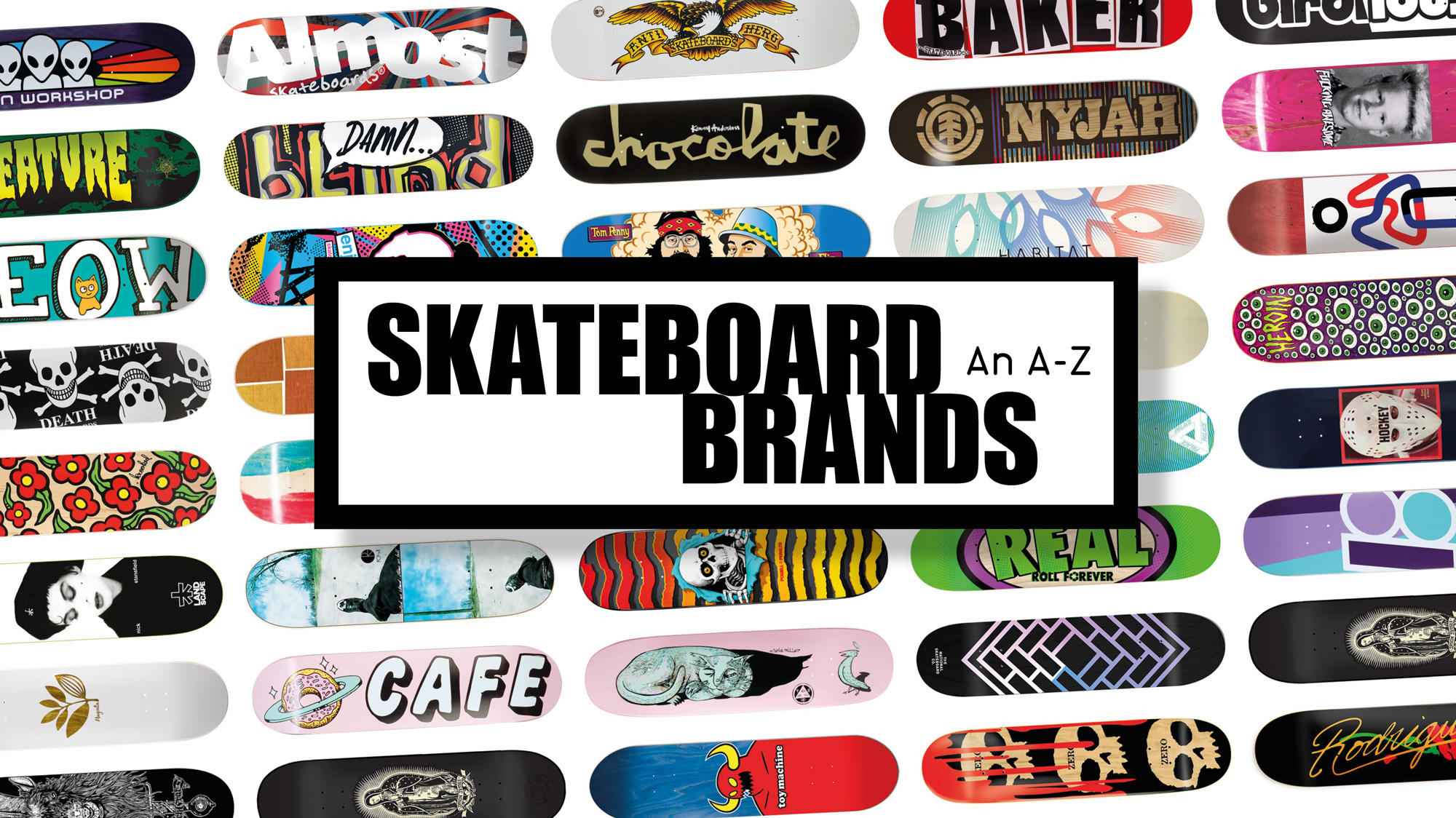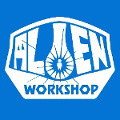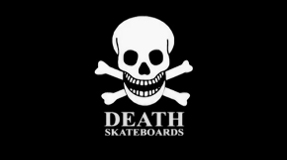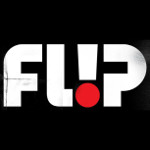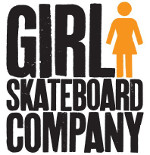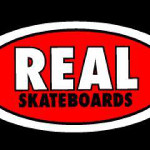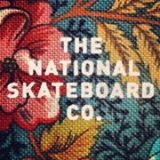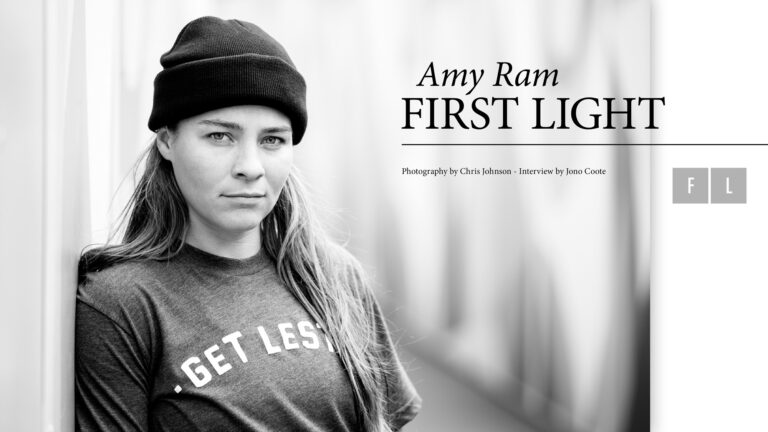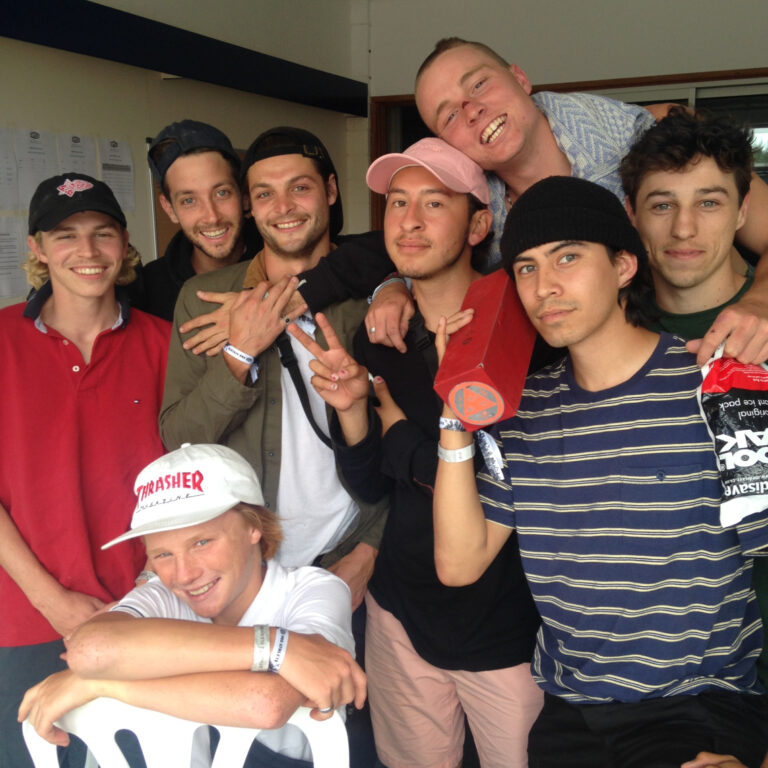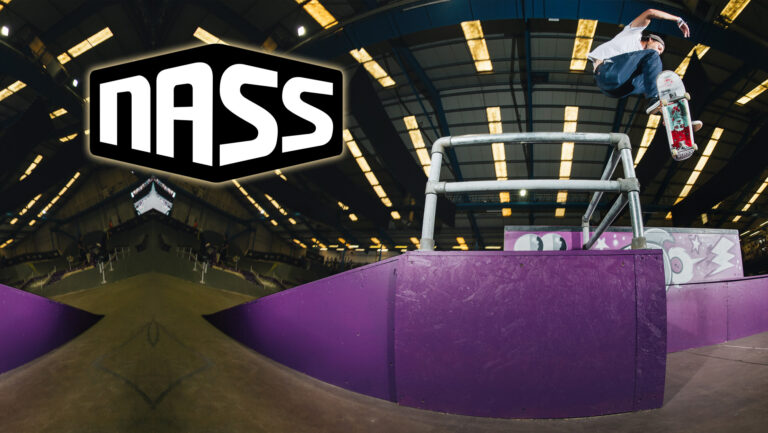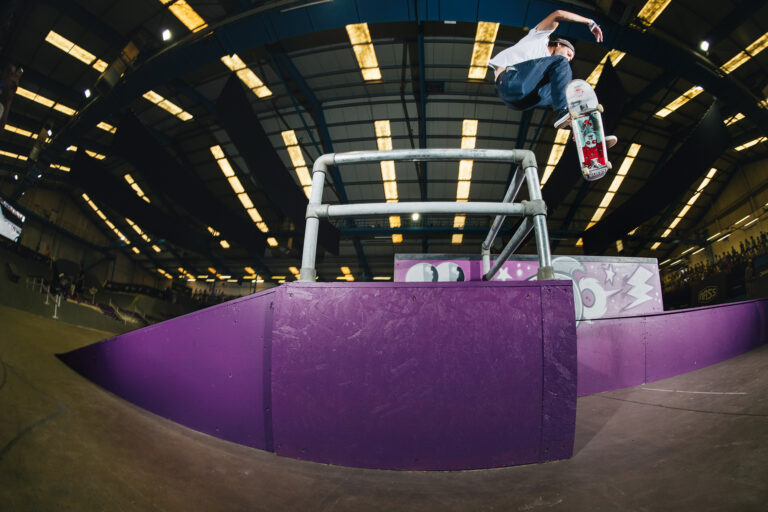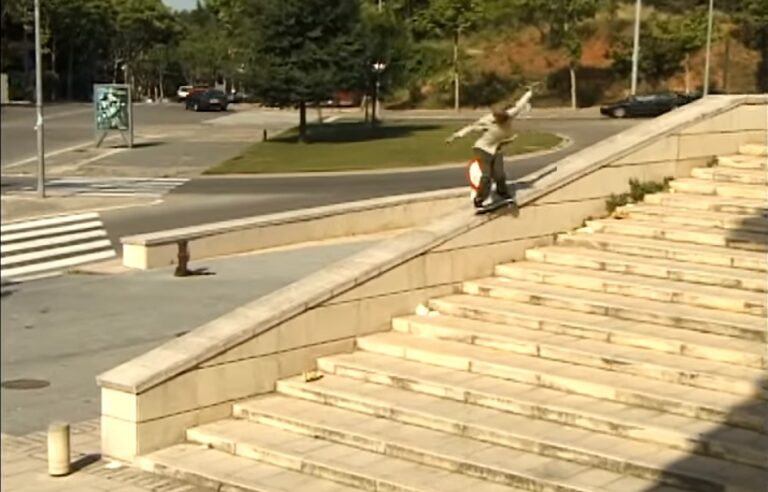In an industry as diverse as skateboarding, the sheer number of skateboard brands on the market can be bewildering. With a seemingly never-ending amount of new brands emerging, alongside the numerous pre-existing ones, the market can certainly appear over crowded and confusing at times, which is hopefully where this list of some of our favourite skateboard brands comes in.
Whilst this A – Z is by no means exhaustive and there are many brands, both new and old that are not included, we feel that this cross section of companies represents a selection of some of the best choices out there today. The following list of 29 skateboard brands, beginning with Alien Workshop and ending with Zero, covers a huge range of the alternatives within the current market and will hopefully act as a handy guide to those dipping their feet into our world for the first time.
“They built the industry before they built their business. It was just raw entrepreneurial spirit. They took it from a fad to an actual business and, as a group, decided they were going to focus on growing the industry.”
– Bob Denike on Rich Novak and the Santa Cruz Skateboard brand.
The criteria used to select the brands featured varies – some are included due to their commitment to technological innovation and for their efforts to improve the products they offer through experimentation, others are included for what they offer in terms of cultural depth and for their contributions to skateboarding culture as a whole, whether that be through graphics, video output or simple attitude.
Scroll through to see each bio, or use the guide below to jump to your brand of choice.
Alien Workshop | Almost | Anti Hero | Baker | Birdhouse | Blind | Chocolate | Creature | Death | enjoi | Element | Flip | Girl | Hockey | Isle | Krooked | Lovenskate | Magenta | Meow | Palace | Polar | PowellPeralta | Primitive | Real | Santa Cruz | Skateboard Cafe | The National | Welcome | Zero
The oldest featured was founded over 44 years ago, the newest only 2 years ago, but what each skateboard brand on this list shares is a commitment to pushing skateboarding as a culture and an activity that can be enjoyed by everyone, regardless of age, race, gender or any other variable you care to name.
With that said, there is a lot of information contained herein, with historical and biographical over views of each brand featured, plus information on the products they offer, their team riders and their cultural output so, without further ado, put your feet up, pour yourself a glass of something and prepare to dive in head first.

